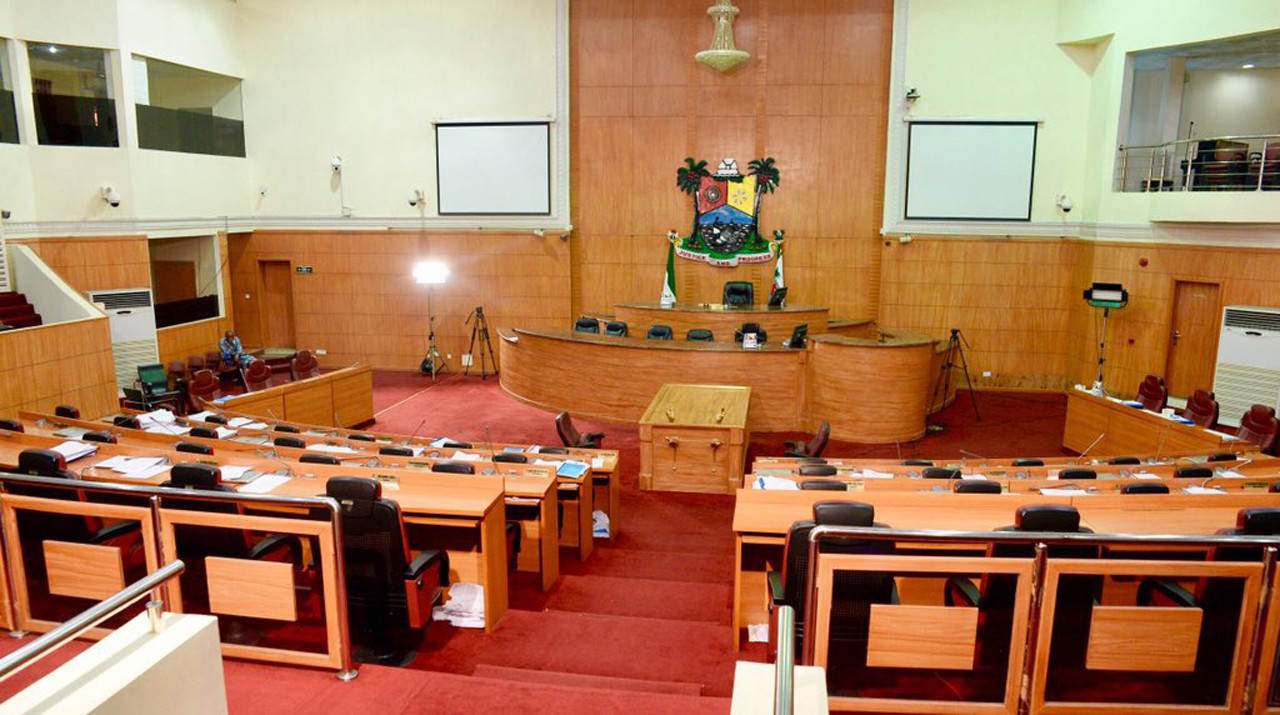ABUJA, Nigeria – The Lagos State House of Assembly rejected 17 of the 39 commissioner-nominees presented by Governor Babajide Sanwo-Olu for confirmation on Wednesday, August 23, 2023.
The majority of the rejected nominees had served during the governor’s first term, raising questions about the underlying reasons for their rejection.
The list includes prominent figures such as Mrs. Folashade Adefisayo (Education), Prof. Akin Abayomi (Health), and Gbenga Omotoso (Information and Strategy) among others.
The Assembly has not provided any official reason for the rejections as of press time.
However, it is worth noting that some Muslim groups in Lagos State had earlier protested the list, claiming it is biased in favor of Christians.
The state government has yet to issue a formal statement or reaction to the Assembly’s decision.
Rejected Nominees
- Mrs. Folashade Adefisayo (Education)
- Prof. Akin Abayomi (Health)
- Gbenga Omotoso (Information and Strategy)
- Olalere Odusote (Energy)
- Sam Egube (Economic Budget and Planning)
- Mrs. Solape Hammod
- Mrs. Cecilia Dada (Women Affairs and Poverty Alleviation)
- Mrs. Aramide Adeyoye (Works and Infrastructure)
- Yomi Oluyomi
- Mrs. Folashade Ambrose
- Ms. Barakat Bakare
- Rotimi Fashola
- Olalekan Fatodu
- Mosopefolu George
- Seun Osiyemi
- Rotimi Ogunwuyi
- Olumide Oluyinka
The rejection of such a significant number of nominees, especially those who served in the governor’s previous term, has led to speculation about possible internal disagreements within the ruling party or the influence of interest groups.
Political analysts and Lagosians eagerly await further clarification from the Assembly and the Governor’s Office.
Wale Adetona, a political analyst, stated, “This is quite an unusual development. We’re not used to seeing so many nominees rejected, particularly those previously served. It would be interesting to see the official reasons behind this move.”
The absence of an official reason for the rejections has also fueled discussions on social media, with residents speculating about potential factors such as political maneuvering, religious bias, or dissatisfaction with the performance of the outgoing commissioners.
As Lagos waits for further clarification, the move has, without a doubt, set the stage for a lively debate on governance, representation, and the complexities of politics in Nigeria’s most populous state.







